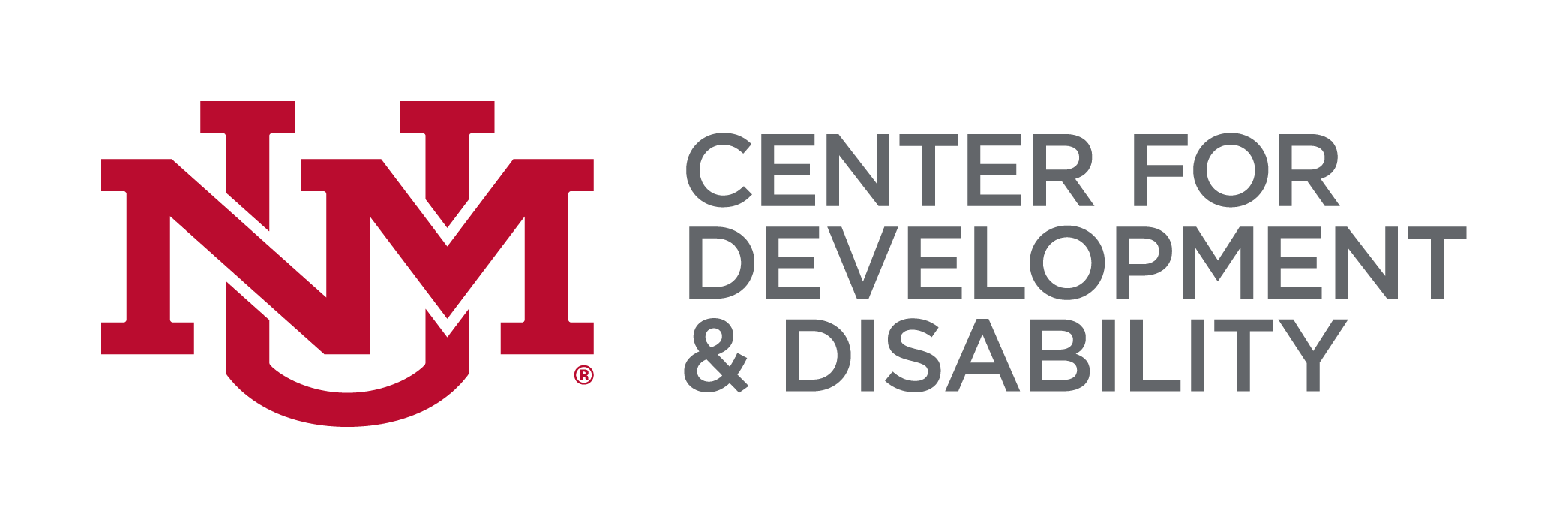by Marcy Hintz
“What do you want to be when you grow up?” is a question adults often ask their children. Adults are curious about who their children are, what they enjoy, and what sort of dreams they have for their future. When Delia says she wants to be a veterinarian, and Damian says he wants to build machines, we’re interested in what Delia and Damian are saying about the way they think, the things they value, and the worlds they’re wired to build.
Raising expectations and starting young
The good news is that businesses across the nation have come to see the importance of inclusion in the workforce! This is a real, forward-looking message we can communicate with our ASD youth. In fact, conveying high expectations of employment is one of the greatest predictors of youths’ successful employment as an adult.
This said, few of us begin our careers as veterinarians or machinists. Instead, we begin with small tasks that help us grow our skills. One of the best things families can do to empower their youth for satisfying work as an adult is to include them in relatable tasks like these that will develop their sense of mastery and purpose:
- Setting an alarm to wake up
- Preparing snacks or meals for self
- Answering the phone
- Taking a walk/learning street safety
- Counting money
- Shopping for groceries
- Sending and receiving emails
- Knowing how to greet people
- Knowing how to give people their personal space
- Knowing what is okay to talk about and with whom
- Volunteering alongside you and others in your neighborhood, church, or community
How to get work experience and build work skills as a teenager
As youth move into their teenage years, adults have a neat opportunity to begin introducing them to people and settings in the professional world. There’s a world of work to explore, and most youth have limited ideas about what types of work they’d like to do.
Here are a few ways adults can support youth in beginning to find how their interests match those in different workplace settings:
- Accompany the young person on informational interviews of local businesses. An informational interview is a casual way to learn more about a business, how it operates, and what skills it needs in its employees.
- Use your network to let people know of a young person who’s looking for work experience and see what your network can offer.
- Job shadowing. Would you or someone in your network be willing to have a young person shadow you at work? Job shadowing is a great way for a young person to learn the nuts and bolts of different career fields and work settings.
- Add employment and/or work experience as a goal in the young person’s IEP. This can be a gateway into community-based work experience programs offered through your local school.
- Check out summer internship programs advertised through your school district, your local Workforce office, or through programs like Americorps.
- Attend Transition Fairs and Job Fairs sponsored by your local Community College, school district, or Workforce office.
Landing that first job
In recent years, many high school Transition Programs (work experience programs for students ages 18-21, on Modified or Ability pathways to graduation) are encouraging and facilitating students’ enrollment in the Division of Vocational Rehabilitation or DVR. DVR is a national government agency with state offices that helps individuals with disabilities with job placement and on-the-job support. DVR’s goal with young adults is to help them land their first job.
DVR might also involve a local Community Rehabilitation Provider in this goal. Staffed with Job Developers and Job Coaches, the Community Rehabilitation Provider will help a young adult clarify their skills and abilities, identify the type of work they’d like to do, prepare resumes, interview, and learn the skills of their new job.
Job versus Career
A first job isn’t necessarily a final job. It’s a stepping stone in a lifetime of learning new skills, new things about ourselves and others, and expanding our world through different workplace experiences. A supportive network can encourage this career-related trajectory in a young person’s life by facilitating their exploration of work and their natural inclination to show us what they can do.
